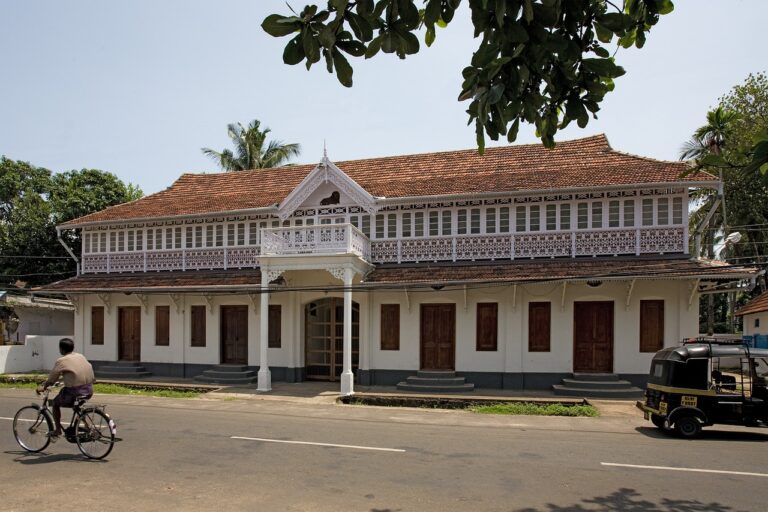Understanding the Impact of Social Media Algorithms on Political Information Consumption
Social media algorithms play a significant role in shaping the way individuals consume political information online. These algorithms are designed to show users content that aligns with their interests and beliefs, creating a personalized feed that may reinforce existing viewpoints. As a result, users may be more likely to engage with content that confirms their beliefs, leading to a potentially skewed understanding of political issues.
Moreover, the algorithms used by social media platforms can also inadvertently limit the diversity of political perspectives that users are exposed to. By prioritizing content similar to what users have engaged with previously, these algorithms can create “filter bubbles” where individuals are mainly exposed to information that aligns with their own views. This can contribute to political polarization and inhibit critical thinking by limiting exposure to alternative viewpoints and challenging ideas.
• Social media algorithms shape the way individuals consume political information online
• Algorithms show users content that aligns with their interests and beliefs
• Personalized feed may reinforce existing viewpoints
• Users more likely to engage with content that confirms their beliefs, leading to potentially skewed understanding of political issues
• Algorithms can limit diversity of political perspectives users are exposed to
• Prioritizing similar content creates “filter bubbles”
• Individuals mainly exposed to information that aligns with their own views
• Contributes to political polarization and inhibits critical thinking
The Influence of Filter Bubbles on Political Discourse
In the realm of political discourse, filter bubbles have become a significant force shaping how individuals engage with information online. These customized echo chambers, created by social media algorithms, can inadvertently reinforce biases and limit exposure to diverse perspectives. As users are served content based on their previous interactions and preferences, there is a risk of being isolated within a bubble of like-minded opinions.
The insular nature of filter bubbles can lead to polarization and hinder meaningful discussions across ideological divides. With algorithms prioritizing content that aligns with a user’s existing views, there is a danger of reinforcing preconceived notions and creating barriers to understanding alternative perspectives. As a result, the echo chamber effect perpetuated by filter bubbles may contribute to the fragmentation of public discourse and impede efforts to foster healthy democratic debates.
How Social Media Algorithms Shape Political Beliefs
Social media algorithms play a significant role in shaping individuals’ political beliefs. These algorithms are designed to personalize the content users see based on their past behaviors and interests. As a result, users are often exposed to information that aligns with their existing beliefs, creating an echo chamber effect where different perspectives are limited.
Moreover, social media algorithms prioritize engagement metrics such as likes, shares, and comments. This can lead to the amplification of extreme or sensationalized content that triggers emotional responses from users. As a result, individuals may be more likely to be exposed to polarizing or misleading information, further reinforcing their existing political beliefs.
What are social media algorithms?
Social media algorithms are formulas or rules used by social media platforms to determine what content users see on their feeds based on their interests, behaviors, and interactions.
How do social media algorithms shape political beliefs?
Social media algorithms shape political beliefs by curating the content users see, often reinforcing their existing beliefs and creating filter bubbles that limit exposure to diverse perspectives.
What is the role of social media algorithms in political information consumption?
Social media algorithms play a key role in political information consumption by prioritizing content that aligns with users’ preferences, potentially leading to echo chambers and the spread of misinformation.
What are filter bubbles and how do they influence political discourse?
Filter bubbles are when individuals are only exposed to information that reinforces their existing beliefs, leading to limited exposure to diverse viewpoints and potentially polarizing political discourse. Social media algorithms contribute to the creation of filter bubbles.







